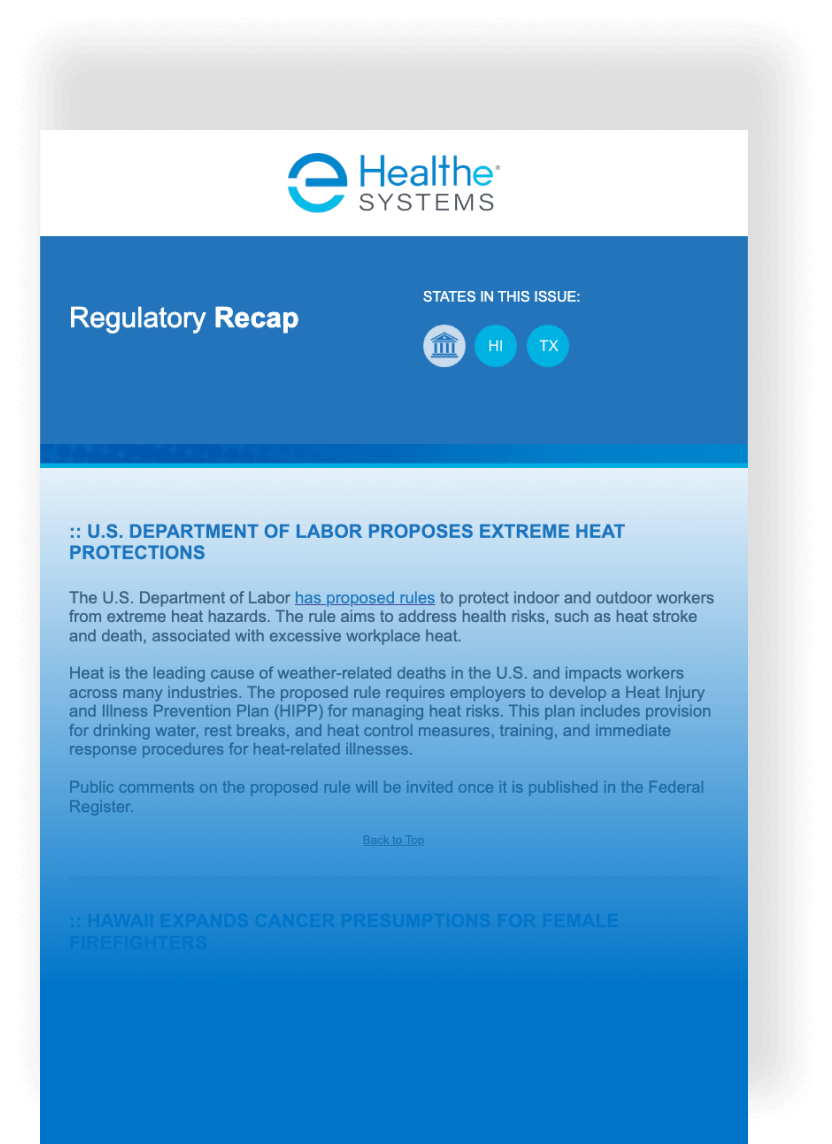A handful of new bills were introduced, seeking to expand the role of chiropractors and acupuncturists.
New Mexico House Bill 189 would significantly expand the prescribing authority of certified advanced practice chiropractic physicians. Level One practitioners would be able to prescribe, administer, inject and dispense certain drugs, including antispastics, antispasmodics, steroids, prescription-strength NSAIDs, desiccated thyroid extract, and local anesthetics such as procaine, lidocaine, carbocaine, and bupivacaine.
Level Two practitioners would be authorized to prescribe, administer, inject, and dispense drugs commonly used in primary care, aligning their scope with physician-level whole-person care. The bill does not specify drug names included in the proposed categories. If enacted, the bill will take effect June 20, 2025.
New York Senate Bill 4299 would establish a more structured role for acupuncturists in the state's workers' comp system. The bill would establish a fee schedule for acupuncture, set billing practices, introduce reporting for acupuncturists, and include oversight requirements to monitor for misconduct and uphold professional standards. This bill builds on a 2020 law that expanded the list of medical providers authorized to treat injured workers in New York, which included the addition of acupuncturists.
Oregon House Bill 3490 would expand the definition of "attending physician" to include chiropractors for workers' comp claims. Currently, chiropractors can act in this capacity for a limited period – either 60 days or 18 visits. The bill removes these restrictions, allowing chiropractors to serve as attending physicians without any time limit. Similar bills have been introduced in Oregon but were unsuccessful.







